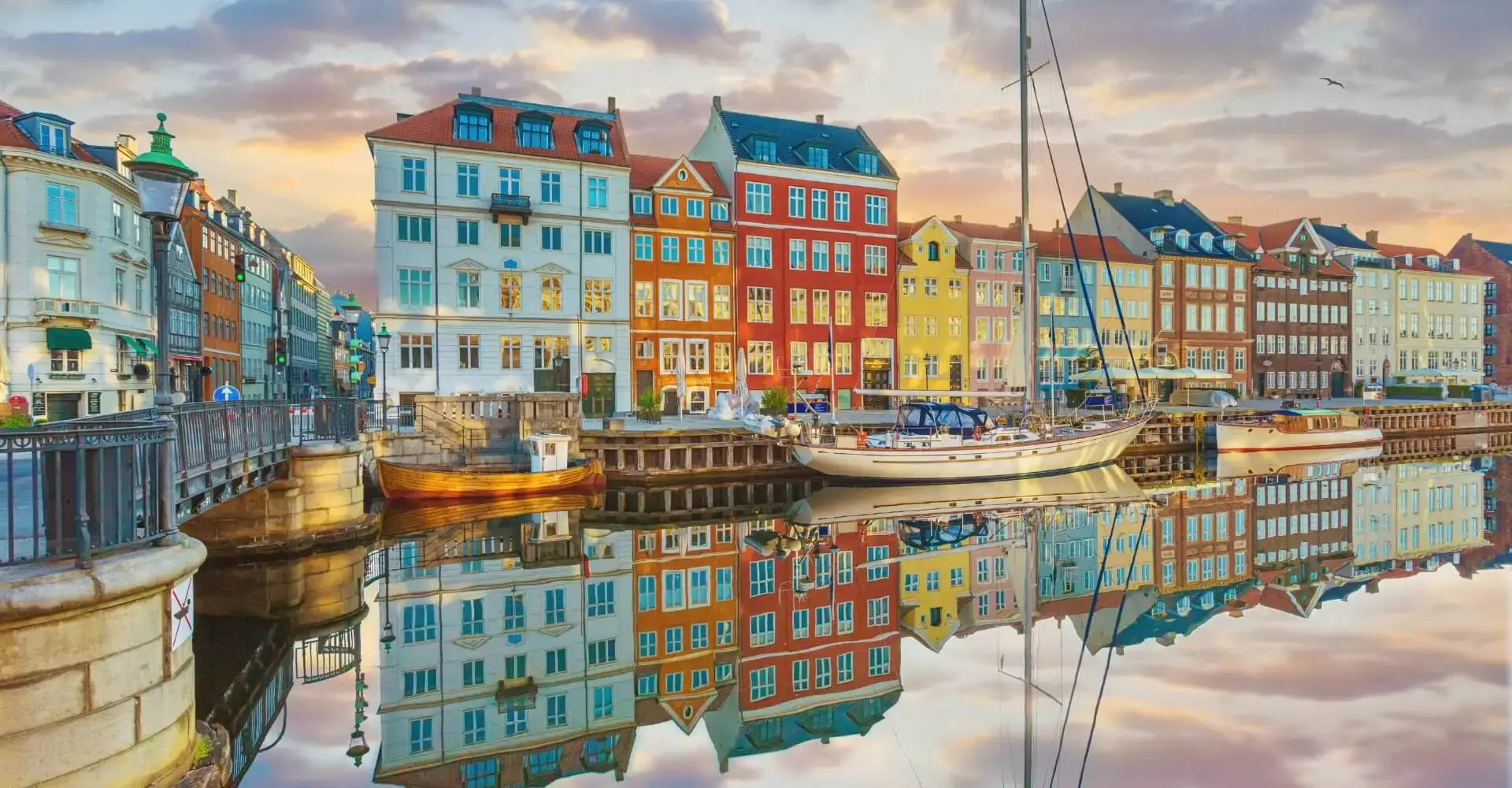Denmark may not be the most suitable location for a VPN server, earning a “Below Average” rating on the Privacy Protection Index (PPI). Although Denmark is a member of the European Union and follows the General Data Protection Regulation (GDPR), it is also part of the 14 Eyes intelligence-sharing alliance, which raises concerns about potential surveillance and data sharing among participating countries. Moreover, Denmark has implemented data retention laws under the Executive Order on the Retention of Data in the Internet (Bekendtgørelse om udbydere af internetadgangs) which requires telecommunication providers to retain user data for a specified period. These factors combined make Denmark a less attractive location for a VPN server compared to countries with higher PPI ratings and more robust privacy protections.
Freedom of Expression and Censorship
Denmark, a nation known for its robust commitment to free speech and digital rights, operates in a progressive framework that encourages open access to information, upholding the citizens’ rights to express their views freely online. Danish law strongly protects freedom of expression, with the nation having one of the world’s most reliable internet infrastructures and a very high percentage of its population having internet access. However, certain limits are placed to prevent hate speech, libel, and defamation. This approach aligns with the country’s commitment to maintaining peace and harmony within its diverse society. Denmark also features a robust digital rights regime, where legislation like the General Data Protection Regulation (GDPR) from the European Union is strictly enforced to protect individuals’ privacy and personal data.
On the topic of censorship, Denmark takes a relatively liberal stand, with almost no instances of government-imposed internet censorship, allowing for a broad spectrum of ideas and opinions to circulate freely within its digital sphere. The government recognizes that the right to information is essential in a democratic society, and ensures that it is preserved and protected. However, there have been isolated instances where websites promoting illegal activities, such as those involving child exploitation, have been blocked. In such cases, Denmark’s approach to internet regulation aims to strike a balance between maintaining freedom of expression and safeguarding societal interests and public safety.
P2P, Streaming, and Torrenting Policies
Denmark embraces the digital age, but it also recognizes the challenges presented by copyright infringement and illegal file sharing. The use of peer-to-peer (P2P) sharing and torrenting isn’t inherently illegal. However, the unauthorized sharing or downloading of copyrighted material can attract legal repercussions. The country’s stand against digital piracy is firm, prompted by the film and music industries among others. In response to this, Internet Service Providers (ISPs) have been required to block access to popular torrenting sites, such as The Pirate Bay, that have been associated with the unauthorized sharing of copyrighted content.
When it comes to streaming services, Denmark provides a wide range of choices for its residents. Global platforms such as Netflix, Amazon Prime, Disney+, and HBO are all accessible, as well as local services like TV2 Play and DR TV. Moreover, the European Union’s Digital Single Market strategy allows for the cross-border portability of online content services. This means that Danish residents can access their subscribed digital content wherever they are in the EU. However, similar to unauthorized P2P sharing, unauthorized streaming of copyrighted content is also against the law and can result in enforcement actions.
Government Surveillance and Data Retention Laws
Denmark navigates the complex terrain of government surveillance and data retention guided by national and European Union laws. The Danish Data Retention Executive Order and the Danish Surveillance Act stand as primary legislation in this regard. The former requires telecommunications companies to retain specific data types, such as user location and traffic data, for designated periods to assist criminal investigations. Meanwhile, the Surveillance Act authorizes the police and the Danish Security and Intelligence Service (PET) to conduct electronic surveillance during serious crime investigations, typically necessitating a court order.
Concerns about government surveillance have escalated in recent years, particularly following revelations of the Danish Defense Intelligence Service (FE) collaborating with the U.S. National Security Agency (NSA) to spy on European politicians. This controversial incident underscored potential misuses of surveillance capabilities. Simultaneously, as an EU member state, Denmark follows the General Data Protection Regulation (GDPR), which restricts data collection and storage while promoting user privacy. This commitment to the GDPR exemplifies the ongoing balancing act between national security and personal privacy, a topic that continues to incite spirited debate.
Privacy Protections
In addressing the critical issue of privacy in the digital domain, Denmark has been proactive, instituting a series of robust measures to safeguard its citizens’ digital privacy. The country has enacted one of Europe’s strictest data protection laws, aligning itself firmly with the standards set by the General Data Protection Regulation (GDPR). This national law mandates stringent control over data collection and storage, ensuring that individual privacy remains a paramount consideration in all data practices.
In addition to legislative action, Denmark in 2019 established an independent Data Ethics Board. This body serves to scrutinize data practices, ensuring that they meet ethical standards and respect individual privacy. Furthermore, the Danish government has allocated funding for projects aimed at enhancing digital privacy, such as secure messaging apps. Despite these significant strides, Denmark acknowledges the ongoing need for reform to adapt to the rapidly evolving digital landscape. The nation remains committed to fostering a culture of openness and digital rights while concurrently ensuring national security interests are maintained in the digital age.
VPN servers in Demark:







Leave a Reply